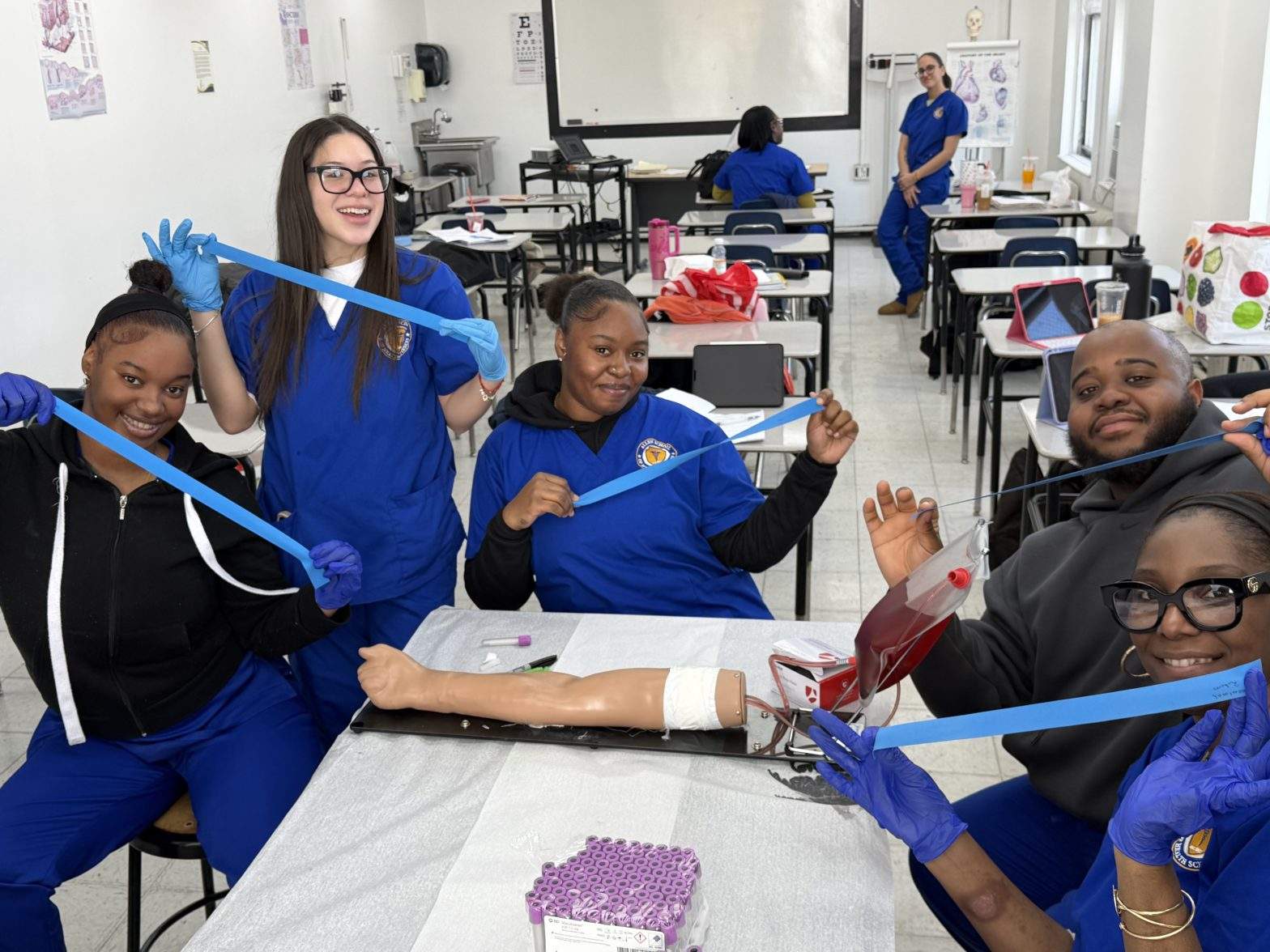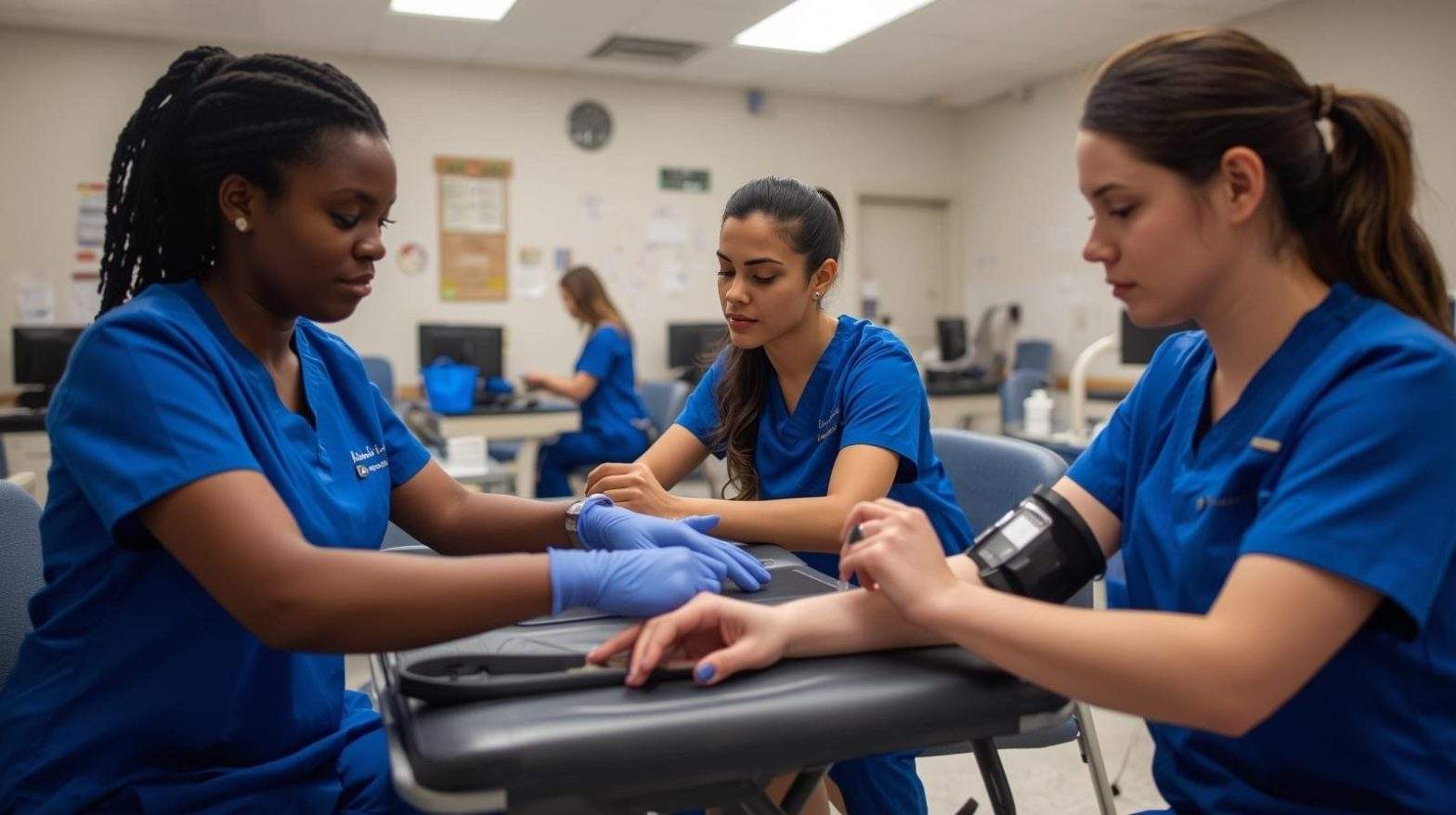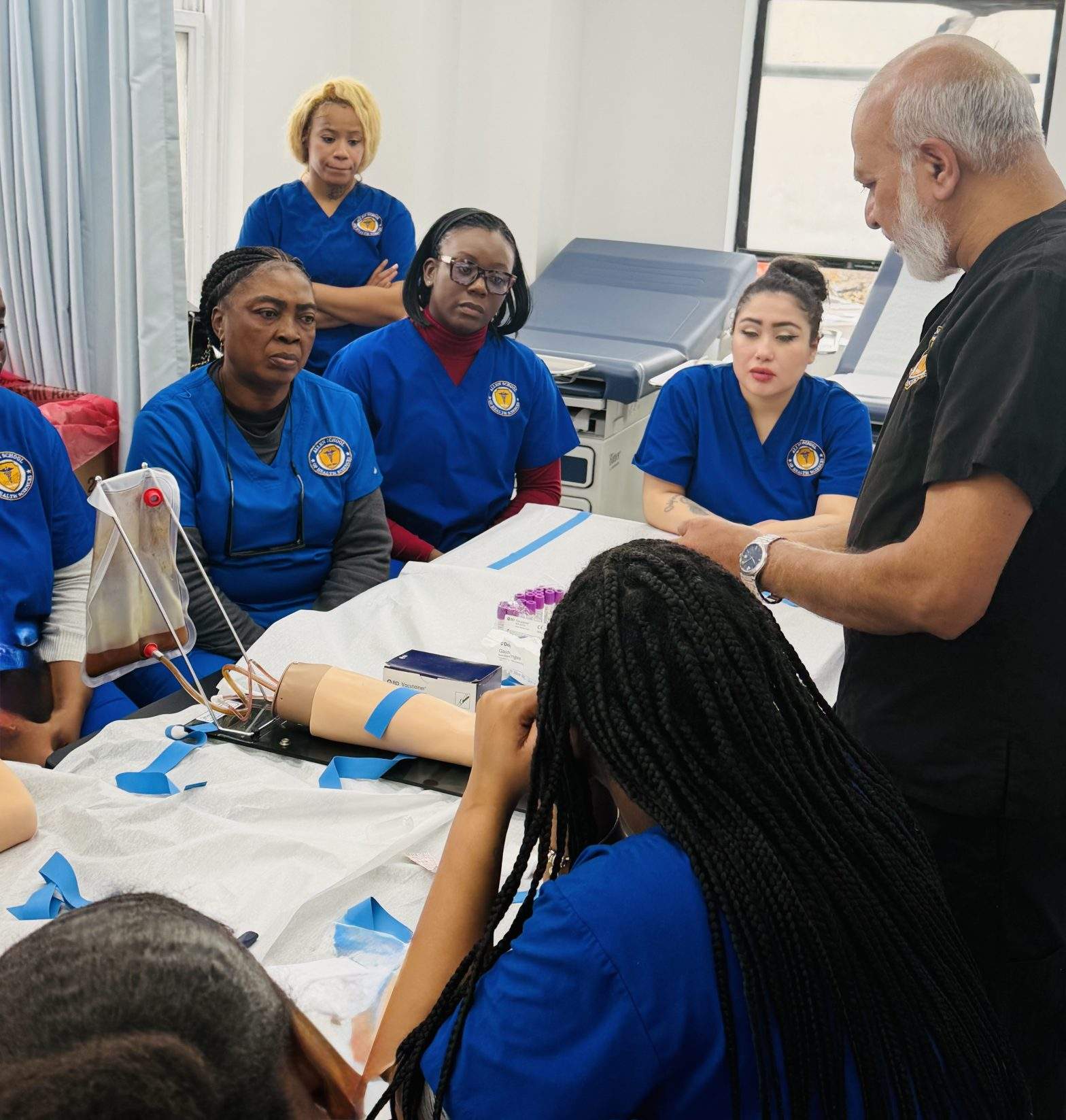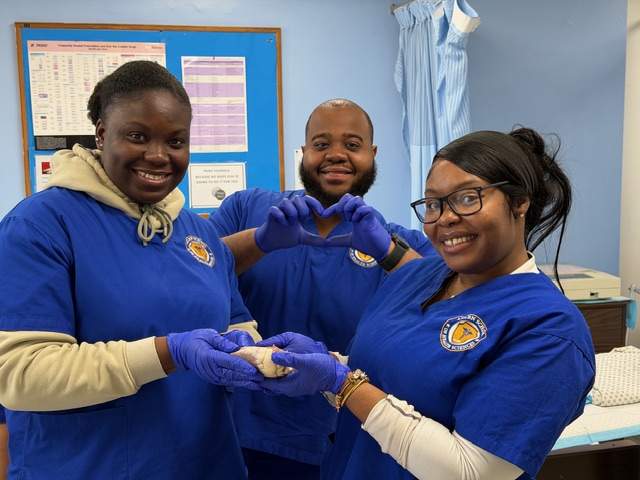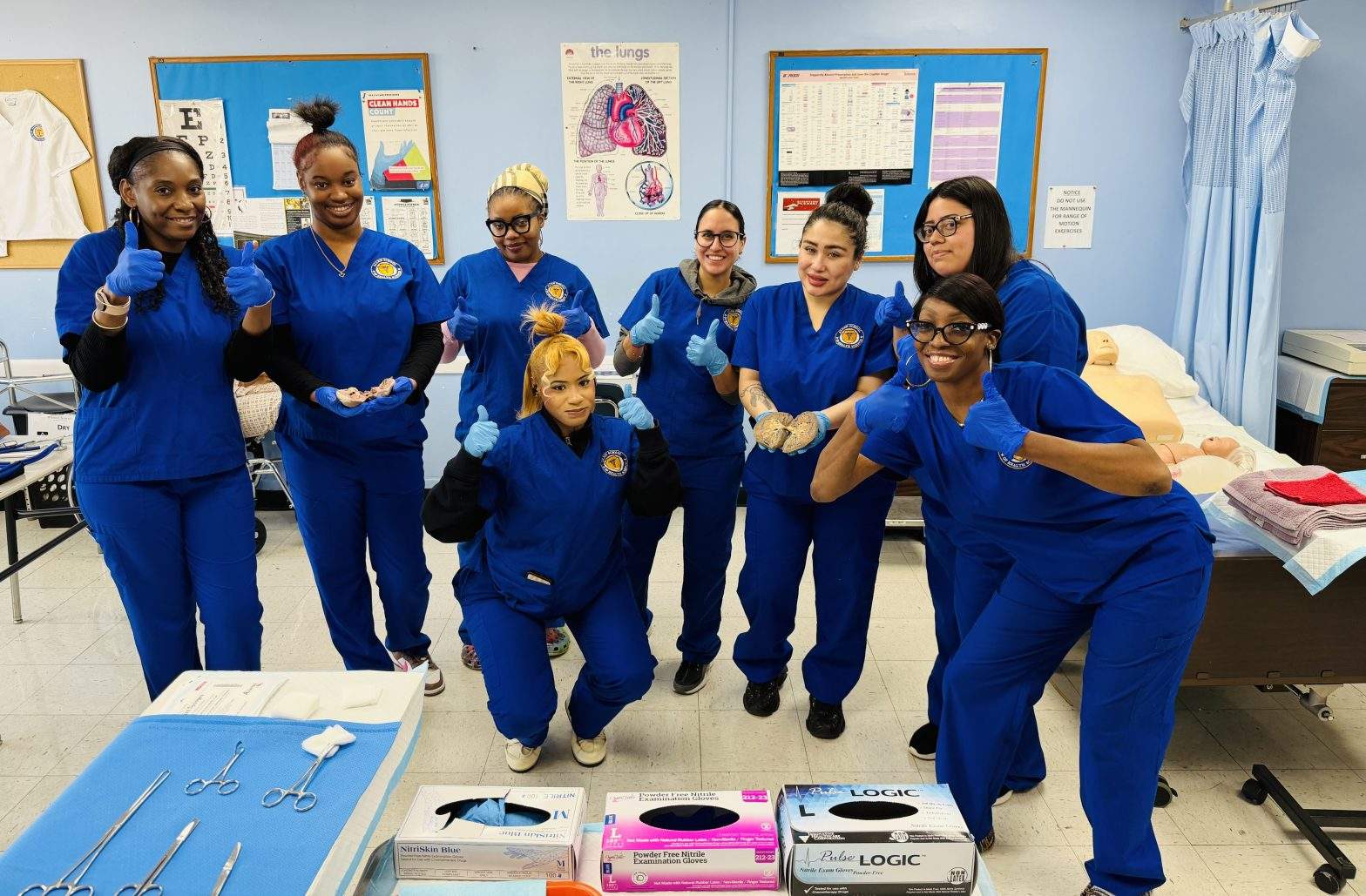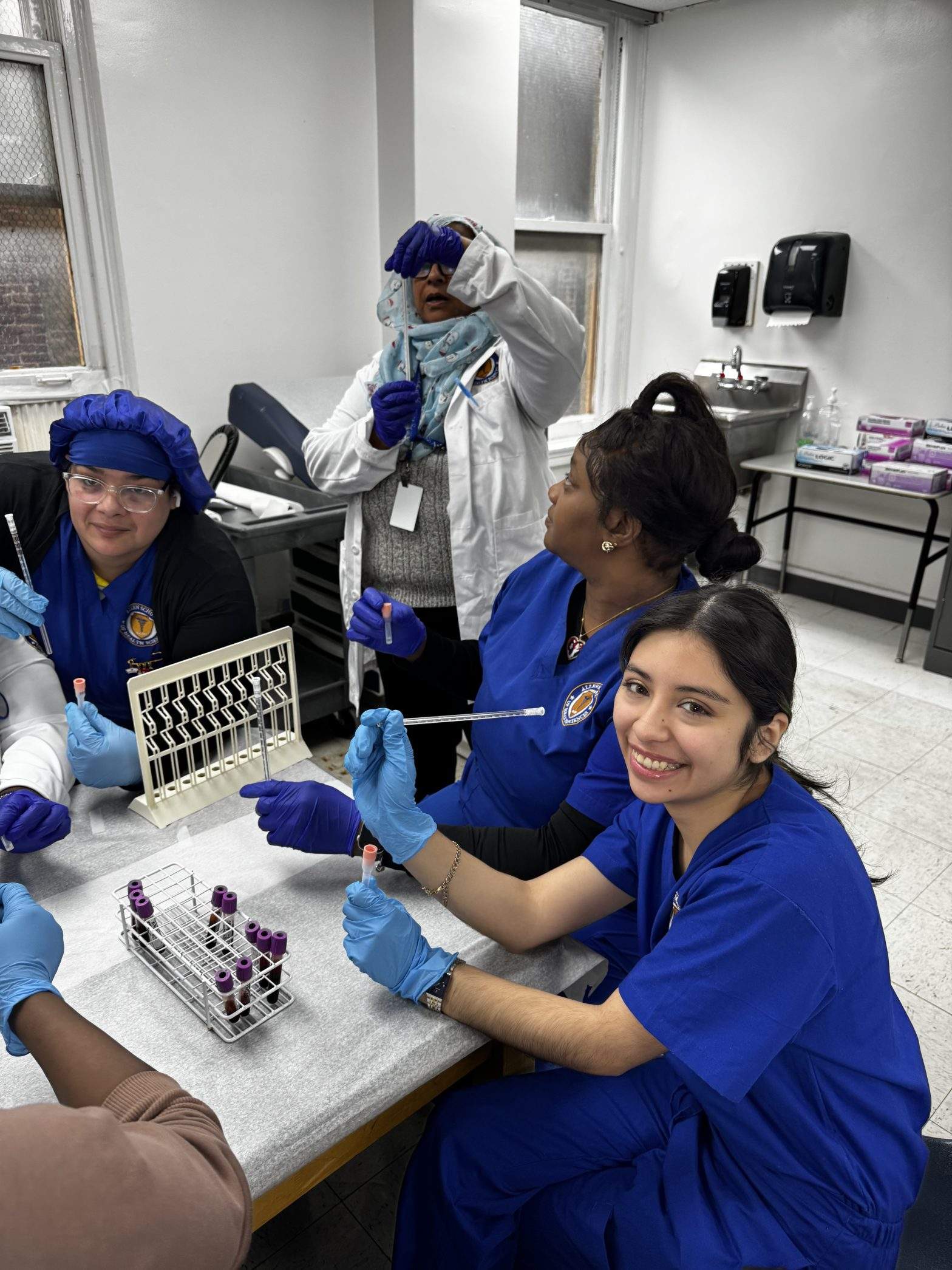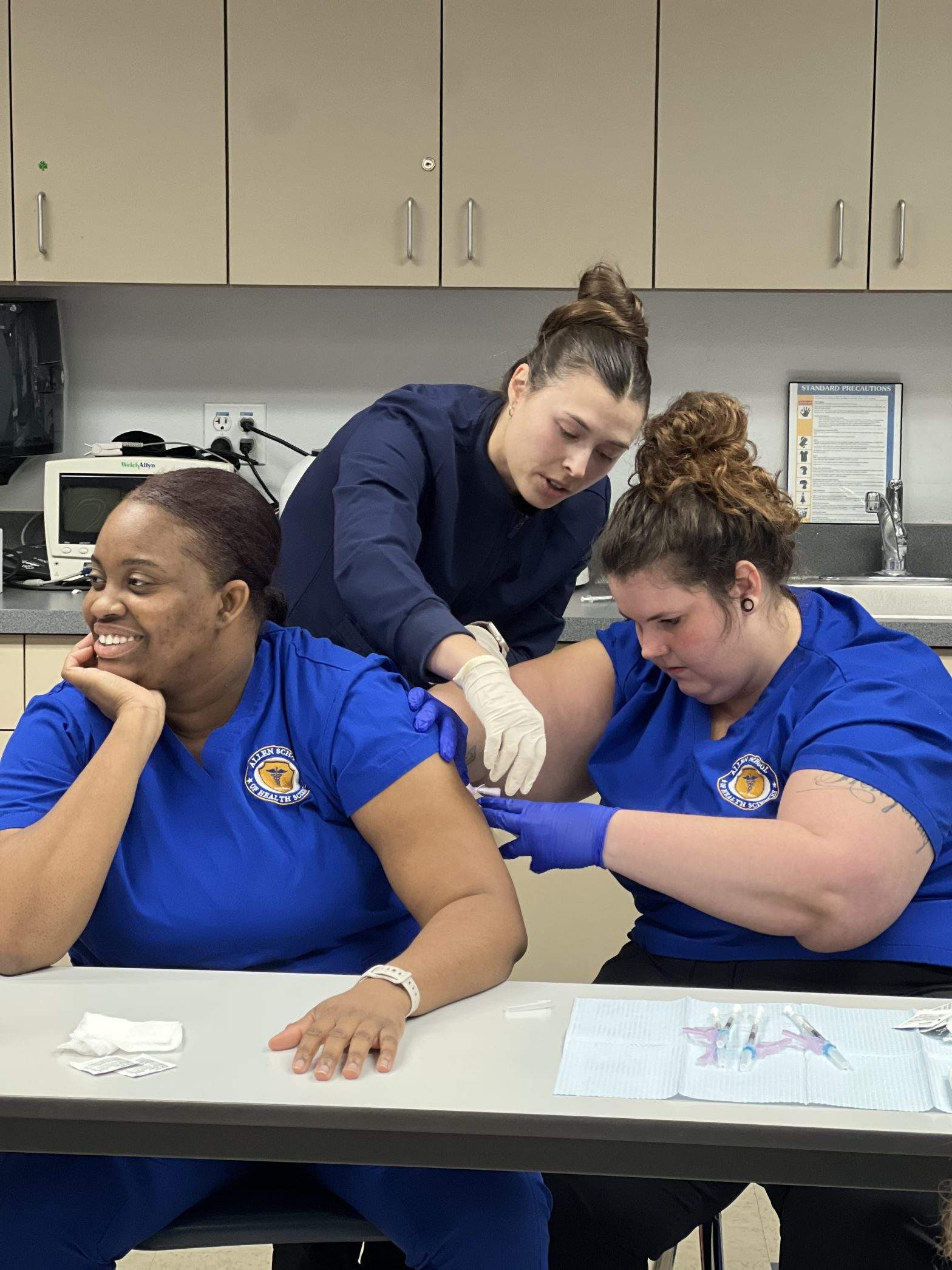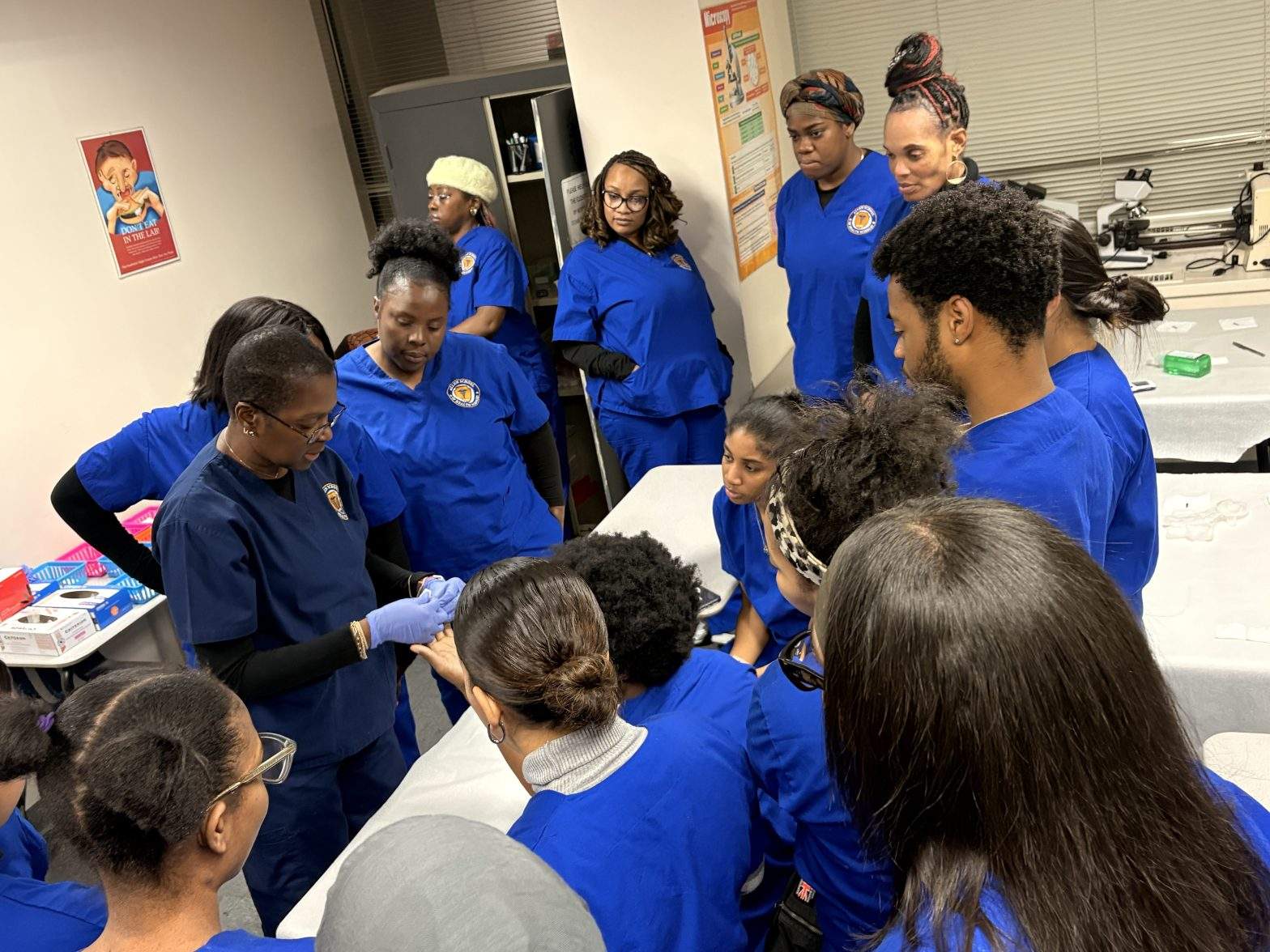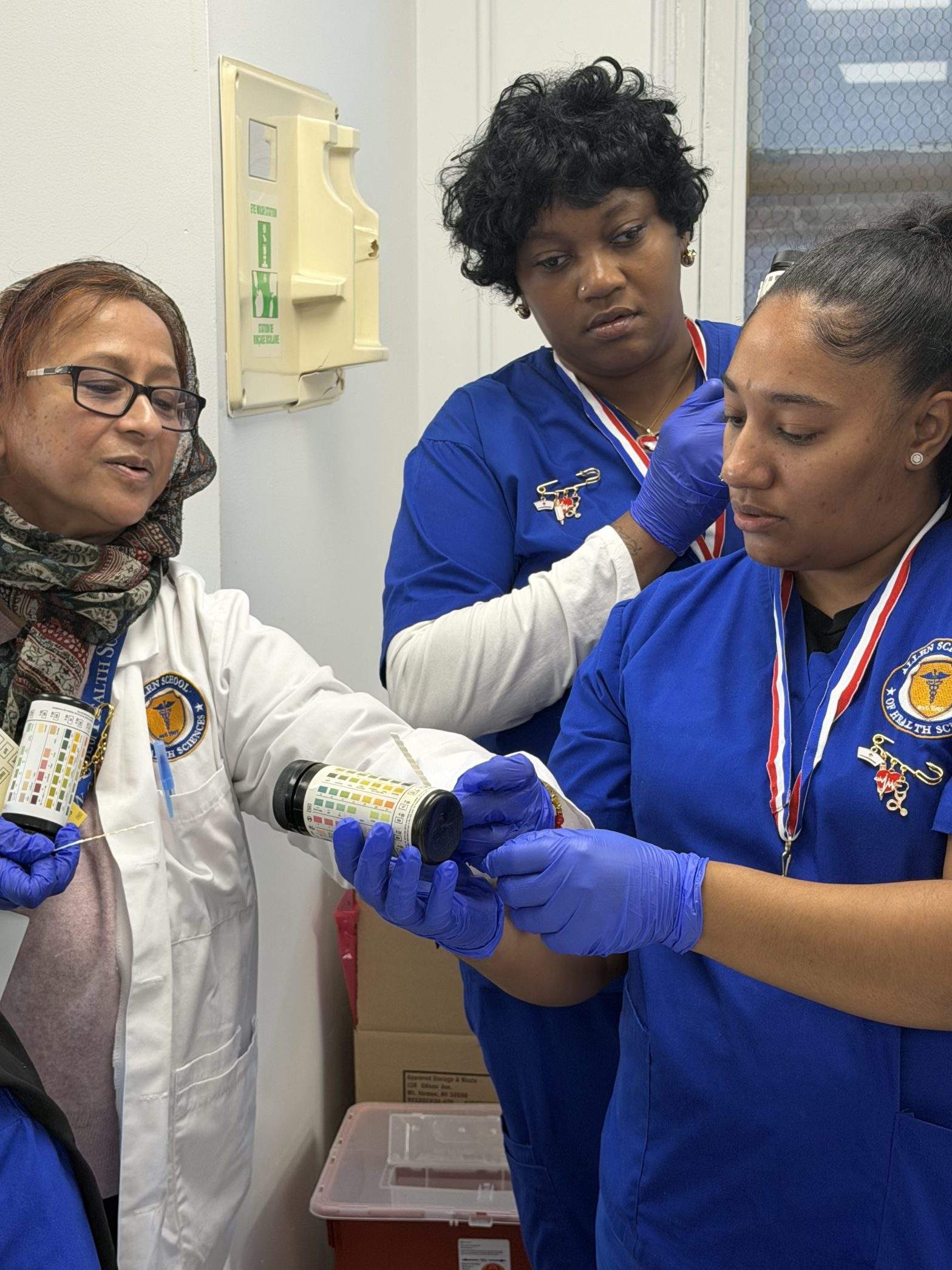Medical assistants (MAs) play a vital role in the healthcare system, particularly in specialized fields such as pediatrics and obstetrics/gynecology (OB-GYN). Whether supporting young children or caring for women during pregnancy and beyond, MAs provide essential services that enhance patient care and improve health outcomes. In this blog, we’ll explore the unique roles of medical… Continue reading Exploring the Roles of Medical Assistants in Pediatrics and OB-GYN: Care for Every Stage of Life
Author: Robert Caruso
Why Phoenix Is One of the Best Cities to Start a Medical Assistant Career in 2026
Why Phoenix Is One of the Best Cities to Start a Medical Assistant Career in 2026 The Phoenix metro area supports a large and active healthcare network that serves residents across the valley every day. According to the U.S. Bureau of Labor Statistics, Education and Health Services is one of the major employment sectors in… Continue reading Why Phoenix Is One of the Best Cities to Start a Medical Assistant Career in 2026
What to Expect in Your First 90 Days as a Medical Assistant Student
What to Expect in Your First 90 Days of Medical Assistant Training Starting medical assistant training is an exciting step toward a healthcare career, but the first 90 days can feel like a big transition. You’re learning new systems, new terminology, and what it truly means to prepare for work in a medical setting. Knowing… Continue reading What to Expect in Your First 90 Days as a Medical Assistant Student
Common Myths About Medical Assistants: Debunking Misconceptions.
Medical assistants play a crucial role in the healthcare industry, serving as the backbone of medical offices, clinics, and hospitals. Despite their importance, there are several misconceptions about what medical assistants actually do and the value they bring to the healthcare team. In this blog, we’ll debunk some of the most common myths about medical… Continue reading Common Myths About Medical Assistants: Debunking Misconceptions.
Why is a Medical Assistant Trade School a Better Option than Traditional Higher Education in 2026?
As we progress into 2026, the landscape of education and career preparation is undergoing significant shifts. For many aspiring professionals, the traditional route of higher education, often seen as the gold standard for career advancement, is being reevaluated. Those interested in becoming medical assistants are finding that trade schools offer a more efficient and effective… Continue reading Why is a Medical Assistant Trade School a Better Option than Traditional Higher Education in 2026?
Becoming a Medical Assistant in 2026: Your Path to a Rewarding Career.
Becoming a Medical Assistant in 2026: Your Path to a Rewarding Career. In the rapidly evolving field of healthcare, becoming a medical assistant (MA) stands out as a fulfilling career choice. As we step into 2026, the demand for medical assistants continues to grow, driven by an expanding healthcare landscape, technological advancements, and a focus… Continue reading Becoming a Medical Assistant in 2026: Your Path to a Rewarding Career.
New Year’s Resolutions: Embracing a Medical Assisting Career:
As the New Year approaches, many of us take the opportunity to reflect on our lives and set resolutions for the year ahead. If you’ve been contemplating a career change or pursuing further education, why not make this year the one where you pursue a rewarding career to become a medical assistant. Here’s why you… Continue reading New Year’s Resolutions: Embracing a Medical Assisting Career:
Reasons Students Drop Out of a Traditional College and Enroll in the Allen School of Health Sciences Medical Assistant Program:
Students may choose to drop out of traditional college to enroll in the Allen School of Health Sciences Medical Assistant Program for several reasons: Focused Curriculum: Traditional college often requires students to complete general education courses that may not relate to their intended careers. In contrast, the Allen School provides a streamlined curriculum specifically designed… Continue reading Reasons Students Drop Out of a Traditional College and Enroll in the Allen School of Health Sciences Medical Assistant Program:
How to Choose Between Certificate vs. Associate Medical Assistant Programs
Starting a career in healthcare is an exciting decision, but choosing the right educational path can feel overwhelming. If you’re considering medical assisting, you’ve probably come across two common options: certificate programs and associate degree programs. Each path offers unique benefits depending on your timeline, goals, and resources. Knowing the difference between a medical assistant… Continue reading How to Choose Between Certificate vs. Associate Medical Assistant Programs
Medical Assistant Career Pathways: From Assistant to Advanced Roles
A career in medical assisting offers more than a stable job; it provides a foundation for lifelong growth in healthcare. Many people begin their professional journey as medical assistants and later move into nursing, administration, or management roles. With hands-on training, strong communication skills, and an understanding of both clinical and administrative work, medical assistants… Continue reading Medical Assistant Career Pathways: From Assistant to Advanced Roles

